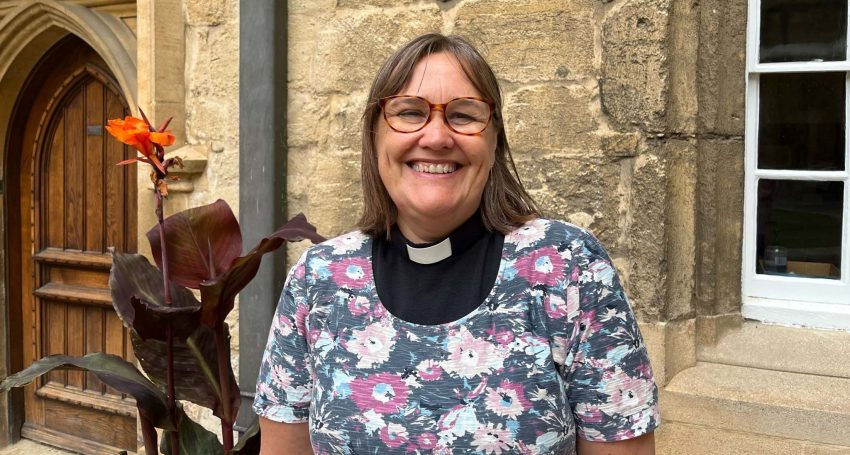30 years on: celebrating the inclusion of women priests
Reflections
“My experience of the campaigning years was of rich and creative theological, liturgical and ecclesiological conversations, writings and events. The appropriateness of including women in the clergy was, and is, deeply theological,” says The Rev’d Canon Dr Emma Percy

November 1992 saw nail-biting voting in the General Synods of the Church of England and the Anglican Church of Australia. The successful motions made it possible for women to be ordained as priests. By the end of 1992, Australia had 92 women priests. In England we had to wait for the legislation to pass through Parliament, so it was not until the spring of 1994 that the first women were ordained. As a young deacon in England, I rejoiced with the crowds outside Church House on November 11 1992 and waited patiently until 23 April 1994 when I was ordained a priest alongside 61 other women in a glorious service in St Albans Abbey.
Advertisement
Over the last 30 years women priests have become part of the everyday life of our churches. We are no longer seen as novel or remarkable. Women bishops are also part of the life of our churches. Yet, a vocal minority of those who maintain that women cannot or should not function as priests and leaders is also part of the reality of our churches. This minority defends their position, and are defended in England through legislation on the grounds that their opposition is theological and is thus somehow unquestionable.
My experience of the campaigning years was of rich and creative theological, liturgical and ecclesiological conversations, writings and events. The appropriateness of including women in the clergy was, and is, deeply theological. Alongside others I studied the Bible, looking for those women who, though present in the scriptures, were rarely foregrounded. I began to learn about women throughout the Church’s history who had been called by God into all sorts of leadership and teaching roles. I learnt to explore different language in my prayers and ask new questions about how we talk about God, Christ and salvation. Central to this was the affirmation that women are made in the image and likeness of God, meaning that their lived experience has something to teach us about God. Women are also fully human and thus have things to teach all of us about the human condition.
Advertisement
Because these conversations broaden the way we do theology some find them unsettling. It feels that over the years since the motions went through, that women have been relegated to specific interest groups. That a vocal few remain uneasy about the ordination of women renders many women wary of exploring ideas that might unsettle the status quo. This means that many women clergy do not necessarily share with those they serve some of the enriching and exciting ideas we can learn from feminist theology, liturgy and ecclesiology. Some have never really explored these ideas for themselves. This is both a missed opportunity and a serious concern about how we reach out missionally to women, especially younger women and to the more open-spirited men.
Ideas about men’s and women’s equality and questions about gender stereotypes and gender binaries are part of the discourse in our wider communities. We need to find the confidence to talk about our faith within this context if the Church is to remain relevant.
We need to find ways of foregrounding women’s history and experience to add to the rich stories and images that can help us better understand who we are and who God is. We have good news to share about our creative God who made all of us in the divine image, a God who calls us into a new creation where “there is no longer male or female; for all of you are one in Christ Jesus” (Galatians 3.28).
Editor’s note: The Rev’d Canon Emma Percy will be presenting on “There were also women” at St Francis College on Friday 26 August. There will be three sessions held during the course of the day, including addresses and a panel discussion. For more information or to register, please visit the St Francis College EventBrite page.





